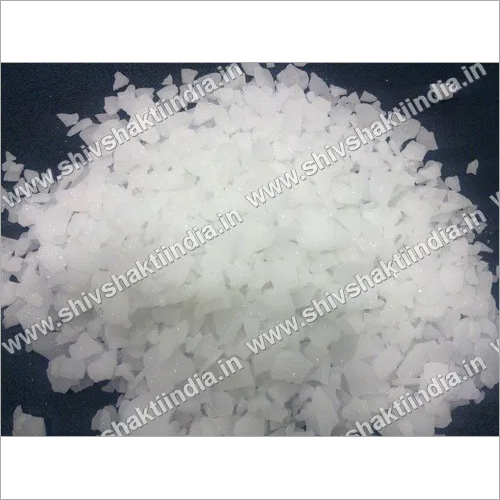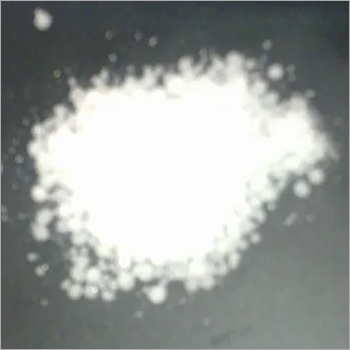
Butylated Hydroxytoluene (BHT)
400 INR/Kilograms
Product Details:
- Boiling point 0265 C
- Purity(%) 99%
- Appearance white crystalline powder
- Physical Form Powder
- Click to View more
X
Butylated Hydroxytoluene (BHT) Price And Quantity
- 400 INR/Kilograms
- 25 Kilograms
Butylated Hydroxytoluene (BHT) Product Specifications
- white crystalline powder
- 0265 C
- 99%
- Powder
Butylated Hydroxytoluene (BHT) Trade Information
- ICD Vadodara
- 10000 Kilograms Per Week
- Days
- Yes
- Within a certain price range free samples are available
- 25 Kgs bag
- Asia Australia North America South America Eastern Europe Western Europe Middle East Africa Central America
- Himachal Pradesh Andaman and Nicobar Islands Uttarakhand Daman and Diu Dadra and Nagar Haveli Lakshadweep West India Rajasthan West Bengal East India South India Bihar Gujarat Assam Jammu and Kashmir Goa Pondicherry Maharashtra Telangana Chandigarh Tamil Nadu Delhi Arunachal Pradesh Sikkim Karnataka Jharkhand Manipur Mizoram Tripura Punjab Meghalaya Nagaland Haryana Uttar Pradesh Madhya Pradesh North India Andhra Pradesh Kerala Central India Odisha Chhattisgarh All India
- ISO 18001
Product Description
Our organization provides a Butylated Hydroxytoluene that may be used in a variety of sectors such as cosmetics, food, and others. When used in modest levels in food and medication, this chemical is considered harmless. This chemical's major function is to inhibit oxidation in fluids and the production of free radicals. It is an antioxidant that may efficiently autoxidize unsaturated chemical molecules. This laboratory created chemical comes in the shape of a white crystalline powder, making it simple to handle and incorporate into various recipes.
Butylated Hydroxytoluene Properties:
- Molecular Formula: C15H24O
- Molecular Weight: 220.35 g/mol
- IUPAC Name: 2,6-ditert-butyl-4-methylphenol
- CAS No: 128-37-0
- Physical Description: It is a white crystalline solid.
- Form: Solid
- Appearance: White to yellow powder
- Odor: Slight, phenolic
- Density: 1.048 g/cm3
- Boiling Point: 509 Degree Fahrenheit at 760 mmHg
- Melting Point: 156 to 160 Degree Fahrenheit
- Flash Point: 260 Degree Fahrenheit
- Solubility: Insoluble in water and propane- 1,2-diol; Freely soluble in ethanol
- Density: 1.048 at 68 Degree Fahrenheit
- Vapor Density: Relative vapor density (air = 1): 7.6
- Vapor Pressure: 0.01 mmHg (NIOSH, 2022)
Frequently Asked Questions:
Q: What is Butylated Hydroxytoluene (BHT)?
A: BHT is a synthetic antioxidant that is commonly used as a food preservative and also finds applications in cosmetics, pharmaceuticals, and industrial products. It is a white crystalline powder with a faint characteristic odor.
Q: What is the purpose of using BHT?
A: BHT is primarily used as an antioxidant to prevent the oxidation and spoilage of various products. It helps extend the shelf life of foods and oils by inhibiting the development of rancidity and off-flavors. In cosmetics and personal care products, BHT is used to maintain the stability and quality of the products.
Q: Is BHT safe for consumption?
A: BHT is considered safe for consumption by regulatory authorities such as the U.S. Food and Drug Administration (FDA) and the European Food Safety Authority (EFSA) when used in approved levels. However, some studies have suggested potential health concerns at high doses, including liver and kidney effects. It is generally recognized as safe (GRAS) for use as a food additive when used within specified limits.
Q: Can BHT cause allergies or skin irritation?
A: BHT can cause allergic reactions or skin irritation in some individuals, although such cases are relatively rare. People with known sensitivities to BHT or other related compounds should avoid products containing BHT to prevent any adverse reactions.
Q: Is BHT banned in any countries?
A: BHT is not banned for use in foods or cosmetics in most countries. However, the regulations regarding its usage and allowable limits may vary between countries. It is always recommended to consult local regulations and guidelines for specific information on BHT's use in different regions.
Q: Can BHT be used in cooking oils?
A: Yes, BHT is commonly used in cooking oils and fats to prevent oxidation and increase their shelf life. It helps maintain the quality and freshness of the oils, especially those with long storage periods.
Q: Is BHT a natural preservative?
A: No, BHT is a synthetic antioxidant and not considered a natural preservative. It is chemically synthesized from toluene, a petroleum-derived compound. Natural alternatives, such as vitamin E (tocopherol), rosemary extract, and ascorbic acid (vitamin C), are often used as natural preservatives in some products.
Q: Can BHT be used in organic products?
A: The use of BHT in organic products depends on the specific organic certification standards. In some countries or organic certification programs, BHT may not be permitted, while in others, it may be allowed under certain conditions. It is essential to check the specific organic standards or consult the certification body to determine whether BHT is permissible in organic products.
Enter Buying Requirement Details
Other Products in 'Food and Pharma Preservatives' category
We exports in Russia, Europe, Gulf countries and African countries.
 |
SHIV SHAKTI INDIA
All Rights Reserved.(Terms of Use) Developed and Managed by Infocom Network Private Limited. |


 English
English Spanish
Spanish French
French German
German Italian
Italian Chinese (Simplified)
Chinese (Simplified) Japanese
Japanese Korean
Korean Arabic
Arabic Portuguese
Portuguese